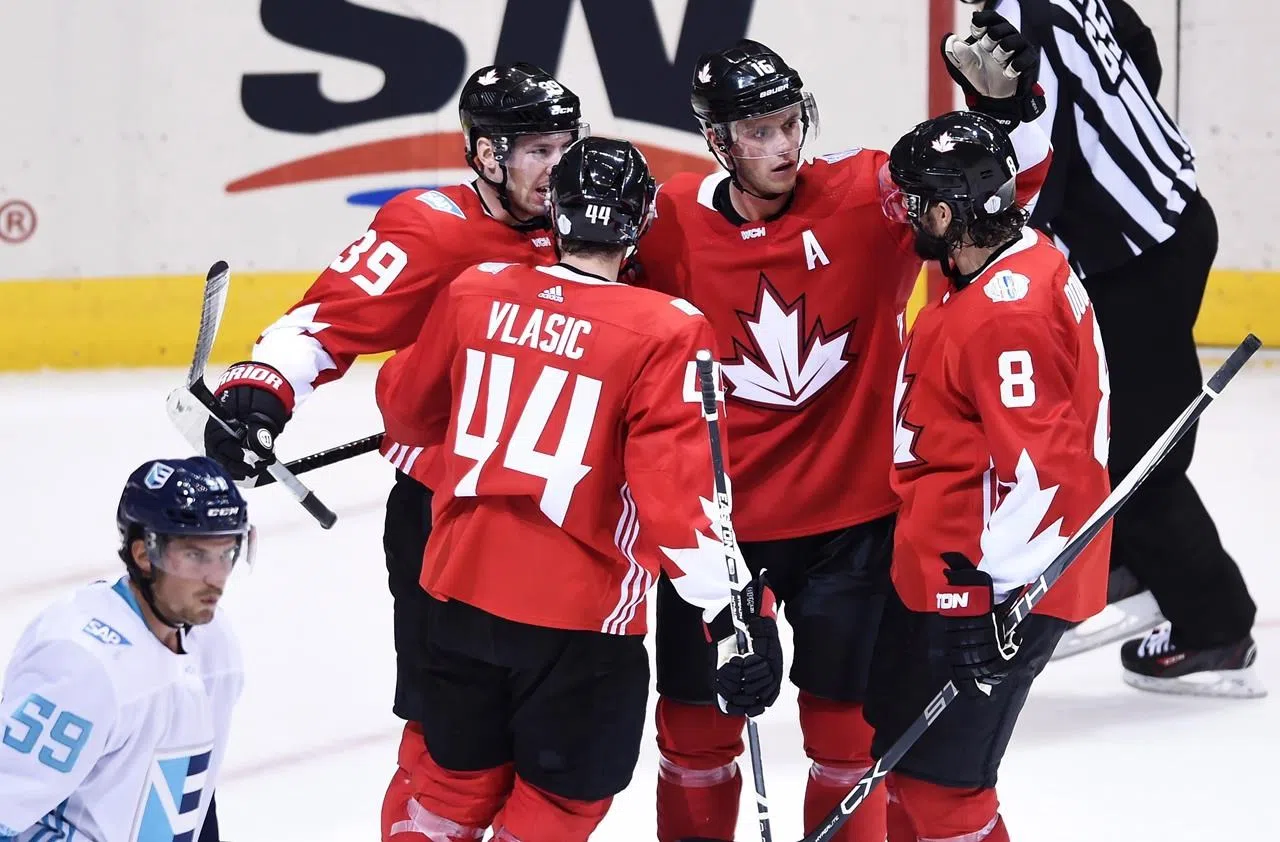
Toews doing it all; Canada yet to hit peak ahead of semis; Stamkos due to score
TORONTO — Canada rolled into the semifinal of the World Cup of Hockey with a 4-1 win over Team Europe on Wednesday night.
Here are five things we learned from the victory:
1. Canada has yet to be tested
The Canadians rolled through the preliminary round basically unchallenged.



